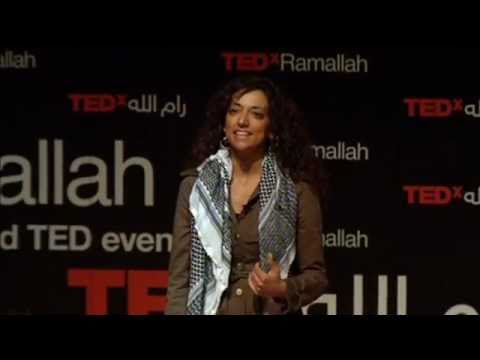Tag: Huwaida Arraf
-
Humanity Has No Nationality – هويدا عراف
16 April 2011 | Huwaida Arraf at TEDxRamallah Huwaida Arraf is a Palestinian lawyer with American and Israeli citizenship. In 2001 Huwaida co-founded the International Solidarity Movement (ISM), which has twice been nominated for the Nobel Peace Prize. Huwaida is co-author of “Peace Under Fire: Israel, Palestine, and the International Solidarity Movement.” She taught in…
-
FGM: We will resist Israel’s attempts to stop us
Free Gaza Movement FOR IMMEDIATE RELEASE As Israel continues to insist it will stop the seven-ship international Freedom Flotilla, two more ships departed from Greece to Gaza today. A 2000 ton cargo ship and fifty-person passenger ship owned by the European Campaign Against the Siege of Gaza, and Swedish/Greek Ship to Gaza campaigns left Athens…
-
ISM volunteer shot, hospitalized; ISM co-founder arrested
19 March 2010 UPDATE: Huwaida Arraf released on 20 March after being illegally under arrest for 31 hours. Eight of these hours were spent standing in the cold in the illegal Halamish settlement. During this time she witnessed the border police by whom she was detained abuse the two Palestinian men who were also illegally…

